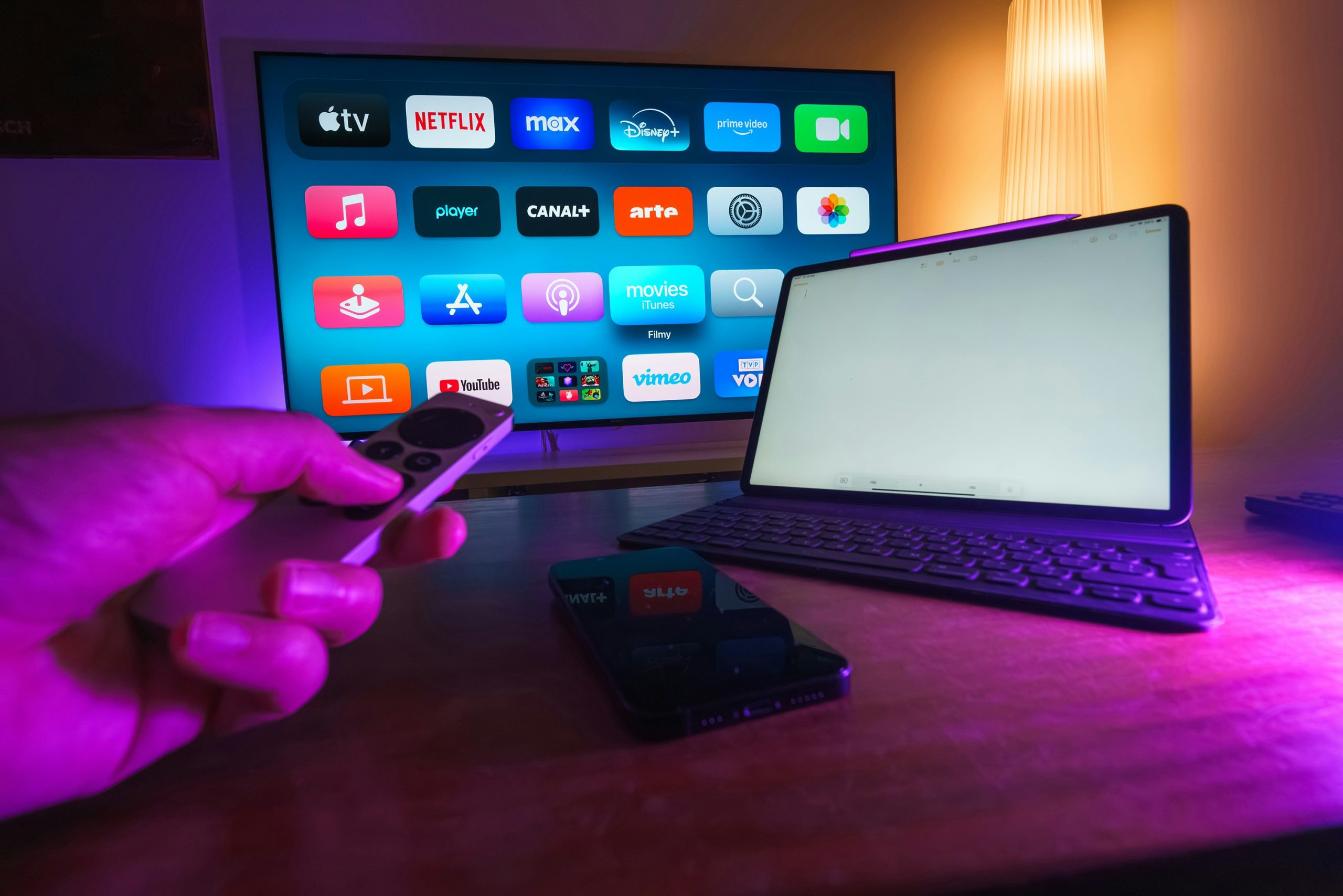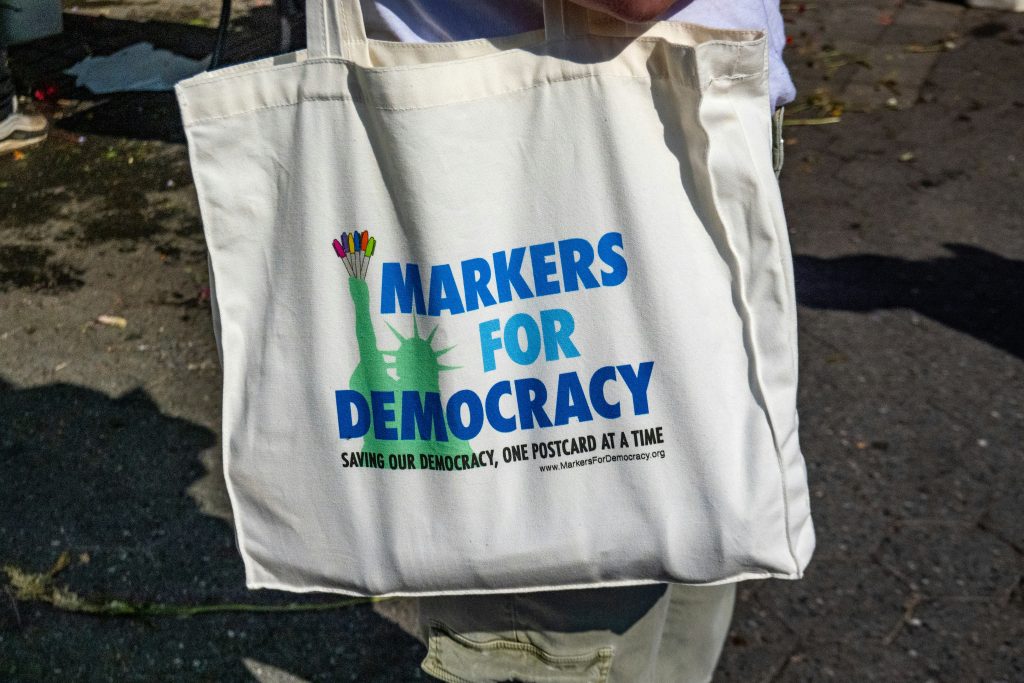Controversy Surrounds North Carolina Lieutenant Governor Mark Robinson Amid Defamation Lawsuit
In a dramatic turn of events, North Carolina Lieutenant Governor Mark Robinson has initiated a defamation lawsuit against CNN and a local punk singer, escalating tensions within the state's political landscape. The lawsuit follows a report by CNN that included allegations regarding Robinson's past statements on a pornographic website, stirring up controversy and debate both in the media and among the public. This legal action comes on the heels of comments made by North Carolina Governor Roy Cooper, who suggested that Robinson should consider resigning from his position. Governor Cooper's remarks highlight the growing discontent among some factions within the state regarding Robinson's political conduct and public statements. Robinson, a prominent Republican figure and gubernatorial candidate, has vehemently denied the allegations presented in the CNN report. His legal team argues that the claims are not only unfounded but also malicious in nature, aiming to tarnish his reputation as he pursues higher office. The lawsuit raises significant questions about freedom of speech and the responsibilities of media outlets in reporting potentially defamatory information. Critics of Robinson argue that his past comments, which have been described as explicit and racially charged, should disqualify him from holding public office. However, Robinson's supporters contend that he is being unfairly targeted by the media and political adversaries who wish to see him fail in his gubernatorial aspirations. As the legal proceedings unfold, the absence of an anti-SLAPP law in North Carolina means that the defendants, including CNN, will face a challenging battle to defend their reporting in court. This situation not only reflects the contentious nature of contemporary politics but also underscores the complexities surrounding media ethics and political accountability. The case has drawn significant attention on social media platforms, with many users weighing in on both sides of the debate. Some express support for Robinson, praising his stance against what they perceive as media overreach, while others call for accountability and transparency from public figures. As the story develops, it is clear that Robinson's actions and the subsequent legal battle will have lasting implications for his political career and the broader political climate in North Carolina. The outcome of this lawsuit could set a precedent for how defamation cases are handled in the state, particularly in the realm of political discourse. With the gubernatorial election on the horizon, Robinson's legal challenges may play a pivotal role in shaping voter perceptions and influencing the race's dynamics. As North Carolina navigates these turbulent waters, the eyes of the nation are watching closely, eager to see how this controversy will unfold and what it means for the future of its political landscape.











